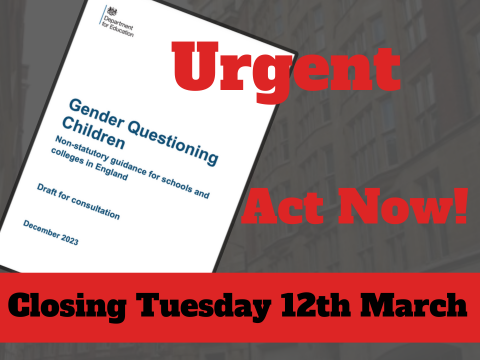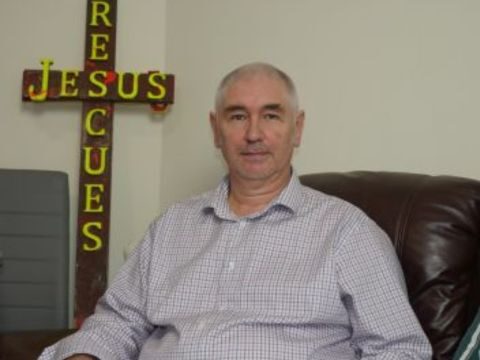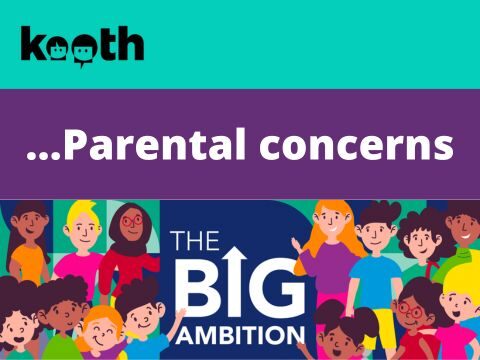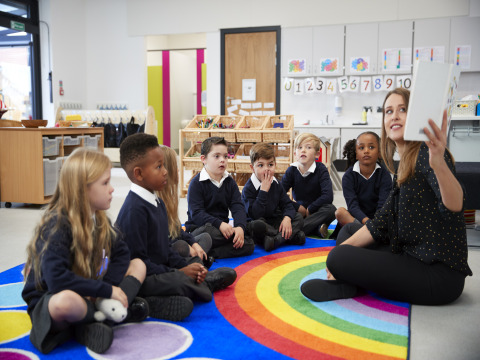



Such a review is long overdue, as will be testified by countless parents, whose protests over explicit and what they see as dangerously misleading teaching have all too often been ignored, trivialised, or even vilified – with themselves branded bigots or ‘monsters’.
But how are parents supposed to act when, for example, their three-year-old child comes home from nursery saying they’ve been taught they can choose for themselves whether they want to be a little boy or a little girl? Or when they discover that their child is being positively affirmed for wanting to change sex and is known at school by a different name?
It goes without saying that childhood is a time to explore who and what you are – a time to push boundaries. At the same time, children notoriously change their minds. It’s all part of growing up, and the job of adults is to maintain a safe framework that allows space for experimentation, while keeping children safe from harm. But in our brave new world of LGBTQ+ inclusivity and diversity, the boundaries have been lost and children are being pushed towards sexually libertarian values and behaviour that expose them to enormous harm.
Gender identity is one such area, but that is only part of the story. In many schools, for example, primary aged children from around six and up are taught about masturbation, with ‘fun’ cards to encourage discussion. They’re told it’s all good and natural, as well as how to do it. And many are the stories of children sitting in class, after such lessons, putting into practice what they’ve been taught!
At age nine, children learn there are around 100 genders – which may leave more unimaginative heterosexuals a bit flummoxed, but introduces them to concepts such as pansexuality, genderqueer, cloudgender, demiflux, esspigender etc, etc. (For an explanation of the different genders and to see more, visit here).
Children aged 12 to 13 may be asked to write down all they know about oral or anal sex, and to share their sexual fantasies in class. In the promotion of inclusivity and diversity, they may even be encouraged to try a range of different behaviours for themselves: after all, you can’t know till you try, apparently!
On top of that, they’ll routinely be taught how to fit condoms on carrots and encouraged to mould penises and vaginas out of Play-Doh, with the message, as likely as not, that penis-in-vagina sex is just one form among many and can be a bit ‘rubbish’. They’ll learn about pornography too, and how to distinguish the ‘good’ from the ‘bad’. And they won’t just learn about same-sex families, with two daddies and two mummies, but they’ll learn about ‘ethical’ non-monogamy, polyamory, and everything in between. Because everything is good, and you need to know these things in order to be tolerant!
This teaching is not just destroying the innocence of our young; it is putting them at jeopardy by prematurely sexualising them, while embedding views and attitudes that run counter to science, and promoting behaviours for which the body is not designed.
How on earth have we got here? A quick glance over the last century is perhaps instructive. Sex education developed only slowly, in response to the growing problems of sexually transmitted diseases and teenage pregnancy. The motivation early on was to keep children safe, and the nation healthy.
In theory, that is still the rationale, but the societal interpretation of how that might be achieved has changed. Now the emphasis is not so much on shielding or protecting children, as on giving them as much information as possible, so that they can ‘decide for themselves’. This is misconceived. Children, by definition, lack emotional and intellectual maturity, and such teaching can only expose them to exploitation and abuse.
A major part of the problem would seem to be that schools, lacking the necessary skills or resources to provide adequate teaching themselves, have brought in outside organizations – organizations such as Stonewall, Educate and Celebrate, the School of Sexuality Education, and many, many more. But far from being officially qualified and approved education providers, with the best interests of children at heart, the majority are activist groups, working to bring about social and political change.
Thus Stonewall, on its website, states ‘we stand for lesbian, gay, bi, trans, queer, questioning and ace (LGBTQ+) people everywhere. We imagine a world where all LGBTQ+ people are free to be ourselves and can live our lives to the full’. Their campaigns, they say, ‘drive positive change in public attitudes and public policy.’
Educate and Celebrate similarly boasts, ‘We support you to embed gender, gender identity and sexual orientation into the fabric of your school or organisation.’
The express aim of all such groups is to bring about social and political ‘revolution’ – which makes children victims of a social experiment designed to engineer such change. It is unconscionable that children be exposed to such overt brainwashing.
All RSE teaching must be age-appropriate, scientifically and biologically accurate, and designed to protect children from risk. Equally, the views of parents as primary educators must be respected – in particular, their religious views must be upheld, they must be allowed access to all materials ahead of classes, and their right to withdraw children from lessons with which they disagree must be maintained.
Rev Lynda Rose
This article first appeared on the Christian Today website and is used with permission.
